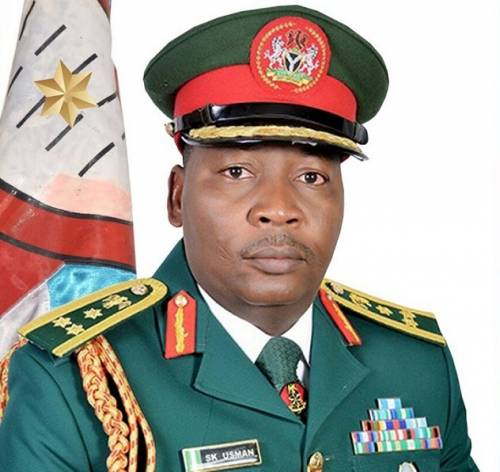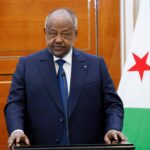Battling Boko Haram Propaganda, Disinformation Our Biggest Challenge, Confesses Ex-Army Spokesman

A former spokesman of the Nigerian Army, Brigadier-General Sani Kukasheka Usman (rtd), has revealed that one of the toughest obstacles faced by the military in its fight against Boko Haram insurgency was not just on the battlefield, but in countering the group’s propaganda and disinformation campaigns.
Usman, who served as the Director of Army Public Relations during the height of the insurgency, stated that the extremist group effectively used the media to spread fear, manipulate public perception, and undermine the morale of both civilians and soldiers.
He made the remarks while reflecting on the Army’s counter-terrorism operations in the North-East and the strategic communication efforts that accompanied them.
According to him, Boko Haram’s use of propaganda once gave the terrorists a psychological edge, as their online and media narratives painted them as stronger and more coordinated than they actually were.
“At some point, we almost lost the counter-terrorism war not because of superior firepower, but because of the dominance of their propaganda,” he said. “They enjoyed all the media platforms and created the illusion of invincibility, which weakened confidence in the military’s efforts.”
The retired general explained that the insurgents employed a mix of mainstream and social media — including radio broadcasts, YouTube videos, and social media posts — to spread misinformation about military operations and to glorify acts of terror.
These tactics, he noted, were designed to recruit sympathisers, attract funding, and sow distrust among the public.
He added that part of the Army’s eventual success in pushing back Boko Haram came from the establishment of a more coordinated public relations system that prioritised accurate information, media engagement, and community confidence-building.
Through consistent updates and evidence-based communication, the military gradually reclaimed the narrative from the terrorists.
Usman also stressed that propaganda remains one of the greatest threats to Nigeria’s internal security, warning that extremist groups have adapted to modern technology and are increasingly using short-form social media platforms like TikTok and X (formerly Twitter) to reach younger audiences.
“Today’s war is fought not only with bullets but also with words, images, and perceptions,” he said. “If the government fails to control the narrative, misinformation will continue to strengthen the enemies of peace.”
Security experts have since echoed Usman’s observations, noting that Nigeria’s counter-insurgency strategy must evolve beyond military operations to include psychological and digital warfare. They argue that investing in credible communication, local awareness campaigns, and digital counter-narratives is essential to preventing the resurgence of extremist ideologies.
The Nigerian Army has in recent years intensified efforts to curb terrorist propaganda, warning that groups such as Boko Haram and ISWAP have resorted to “cheap video stunts” and online disinformation to maintain relevance after suffering major military losses.
Despite these measures, the challenge of controlling false narratives in conflict zones remains a pressing issue, underscoring the continued importance of strategic communication in Nigeria’s broader fight against terrorism.









